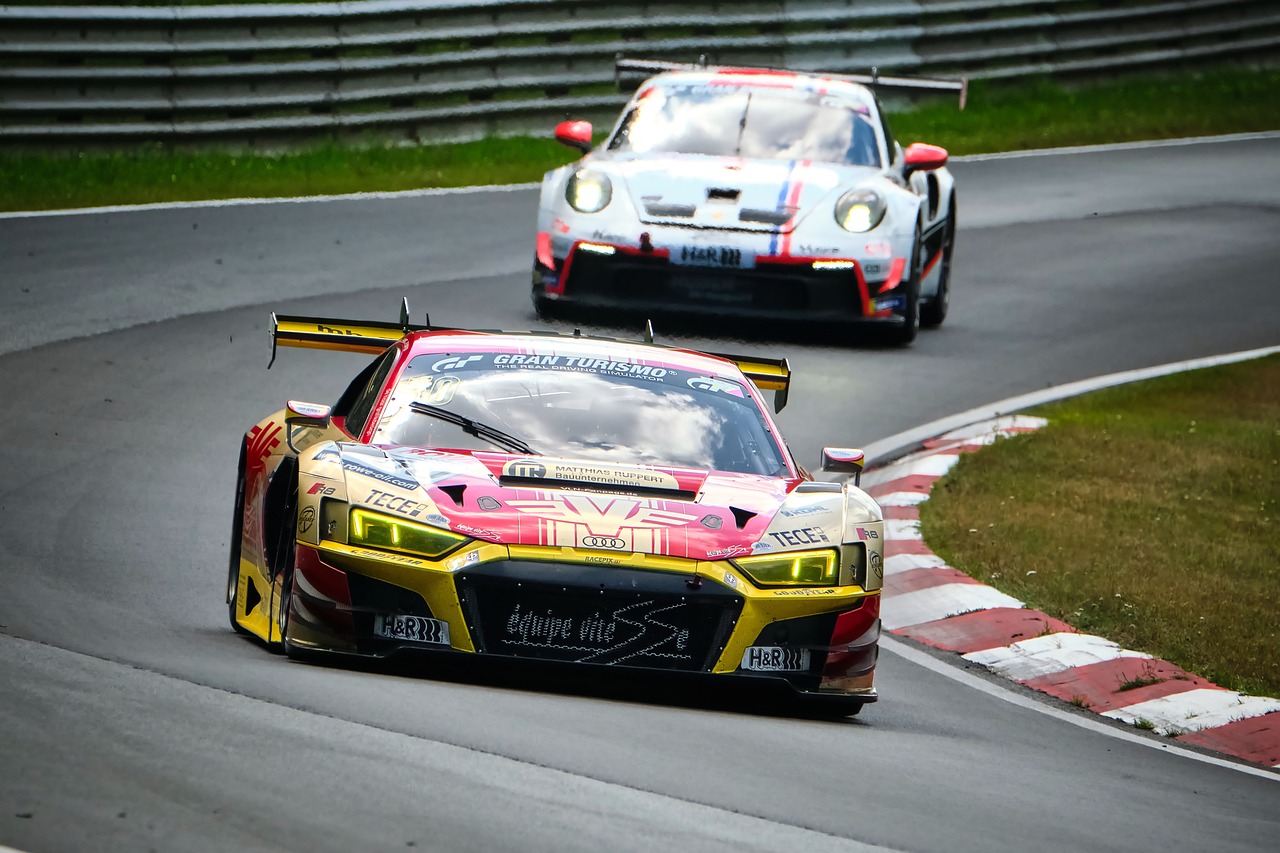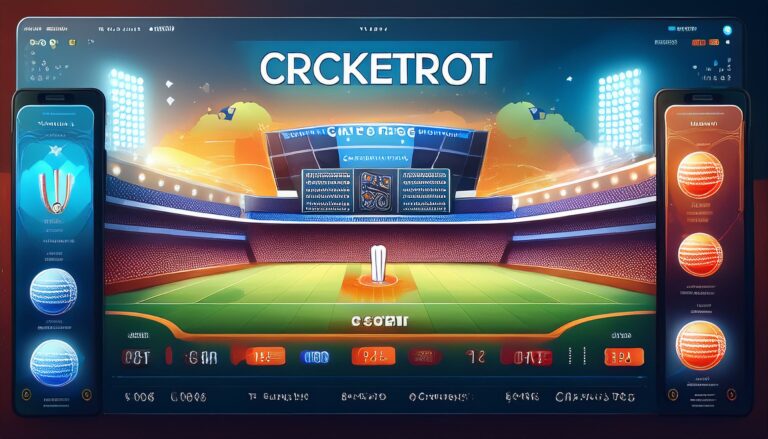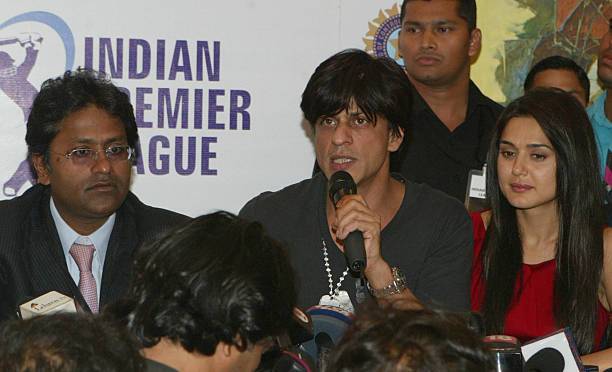The Psychology of IPL Rivalries: Fan Dynamics
Play99exch, Laser247: IPL rivalries have sparked intense emotions and fervent debates among cricket fans over the years. These rivalries are not just born out of on-field competition, but they are deeply rooted in historical events and regional pride. From the fierce clashes between traditional powerhouses like Mumbai Indians and Chennai Super Kings to the newer rivalries between teams like Delhi Capitals and Sunrisers Hyderabad, each matchup carries its own unique backstory and significance.
The intensity of these rivalries is further fueled by the passionate fan bases that follow each team. Fans often see their favorite team as an extension of their own identity, leading to heightened emotions when facing off against rival teams. Whether it’s the North vs. South rivalry or the clash between the big city franchises, the IPL rivalries have become an integral part of the league’s appeal, drawing fans from all corners of the country to passionately support their team.
The Role of Social Identity Theory in Fan Loyalty
Social Identity Theory suggests that individuals derive a significant part of their self-concept from the groups they belong to. When it comes to sports fandom, this theory plays a pivotal role in understanding fan loyalty. Fans often develop a strong sense of identity tied to their favorite teams, viewing them as an extension of themselves.
This sense of connection creates a deep emotional attachment to the team, leading fans to experience joy in victories and sorrow in defeats as if they were their own. The theory explains why fans often exhibit intense loyalty and dedication to their teams, even in the face of poor performance or adversity. This bond transcends mere entertainment and becomes a core part of their personal identity.
Cognitive Dissonance in Supporting Rival Teams
Supporting rival teams in sports can often lead to conflicting emotions and beliefs for fans. When individuals invest their time, money, and emotional energy into following and cheering for two teams that are competing against each other, cognitive dissonance arises. This psychological discomfort stems from holding contradictory attitudes simultaneously, such as wanting both teams to win but knowing only one can emerge victorious.
Fans may experience cognitive dissonance when their loyalty to a team is challenged by their support for its rival. This internal conflict can manifest in various ways, such as downplaying the importance of a game between the two teams or altering perceptions to justify their loyalty to both sides. Despite the discomfort that cognitive dissonance brings, many fans navigate this complex dynamic by prioritizing their emotional connection to the teams over the conflicting interests involved.
What are some examples of IPL rivalries?
Some examples of IPL rivalries include Mumbai Indians vs Chennai Super Kings, Kolkata Knight Riders vs Delhi Capitals, and Royal Challengers Bangalore vs Sunrisers Hyderabad.
How does social identity theory play a role in fan loyalty?
Social identity theory suggests that individuals derive part of their self-concept from the groups they belong to. In the context of sports, fans develop a sense of identity and belonging with their favorite team, leading to increased loyalty and support.
What is cognitive dissonance in the context of supporting rival teams?
Cognitive dissonance refers to the mental discomfort experienced when an individual holds contradictory beliefs or values. In the context of supporting rival teams, fans may experience cognitive dissonance when their favorite team competes against their rival, causing inner conflict and tension.







